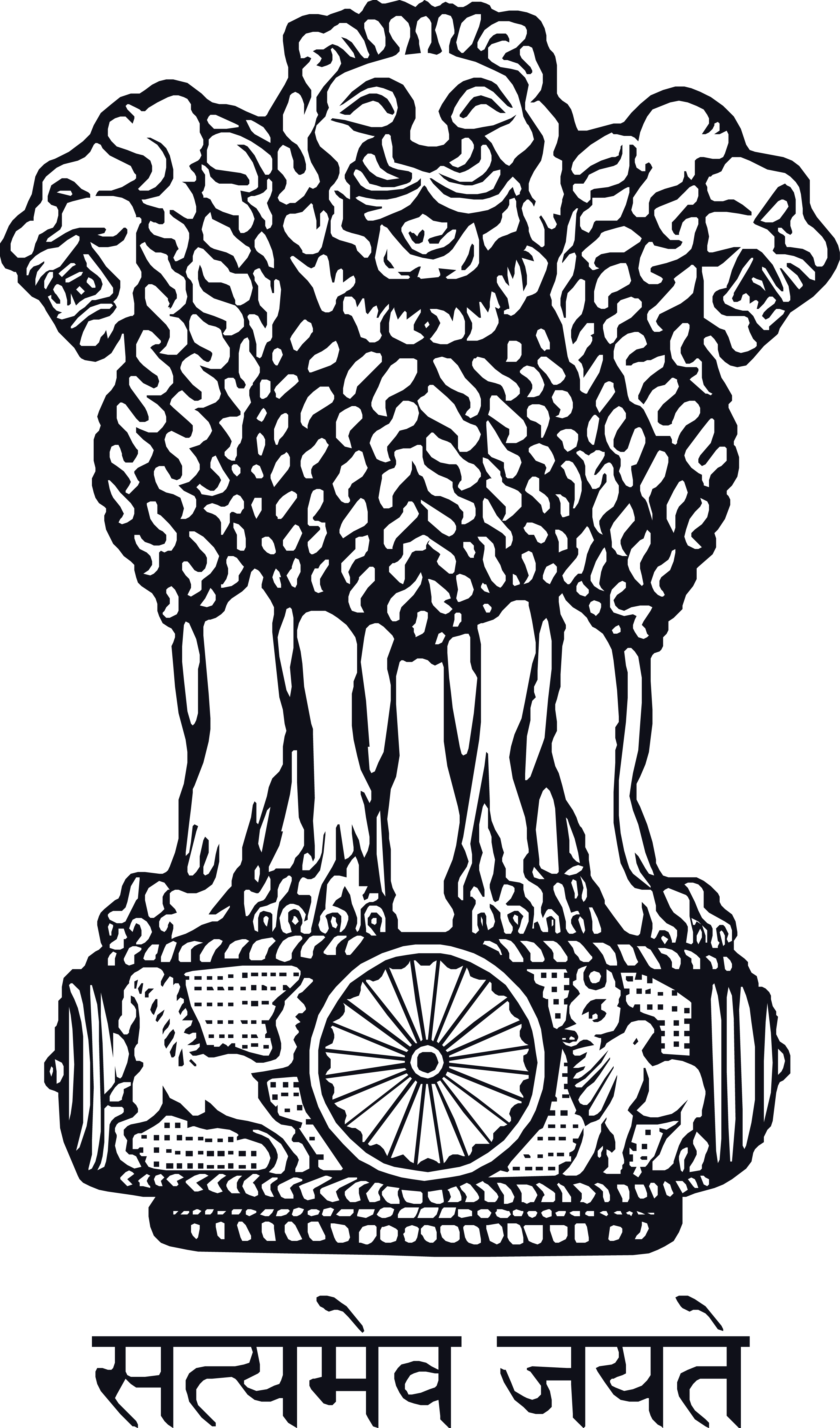Ayurveda at a Glance
Ayurveda is a sanskrit word derived from two roots : Ayuh and Veda The Literal meaning of the term is 'Science of Life'. The Origin of Ayurveda has been said to be from 'Brahma' the Creator. The Knowledge was gradually passed on from Gurus to the Sisyas and from one generation to the next, traditionally. It is taken as eternal because nobody knows the time when it was not there.All this shows its long tradition and deep attachment to the Indian culture. It is punya (virtuous) as, Medical science is regarded as most pious profession because it renders services to the suffering humanity. Ayurveda is regarded as upaveda of Atharvaveda, but the term Ayurveda is first used by Patanjali.
Ayurveda is that which deals with good, bad, happy and unhappy life, its promoters and non-promoters, span and nature. And this science of life-Ayurveda deals with life as a whole which is conjunction of body, sense organs, mind and self.
The uniqueness of this science is that it emphasizes on the preventive aspect, to protect the health of the healthy and normal individual.For this there are guidelines for ideal routine, diet and medicines according to individual constitution and need.There is also a vivid description of ideal conduct to be followed for psychic and social health.
The ones inflicted with disease can be treated by two ways i.e. purification to eliminate vitiated dosas (deranged body humors), the other is to pacify vitiated dosa by medicines. To fulfil these two aims, the subject matter of Ayurveda has been divided into three sutras (tri aphormism) Hetu - causes for both health as well as disease; Linga Symptoms - of healthy and diseased;Ausadhi 'therapy' for promotion and maintenance of health and elimination of disease.
Ayurveda traditional medicine formulations till date included in the Traditional Knowledge Digital Library are 97,337.


